I am working on a data format like this.
data = [{"content":'''Hello I am Aniyya. I enjoy playing Football.
I love eating grapes''',"annotations":[{"id":1,"start":11,"end":17,"tag":"name"},
{"id":2,"start":59,"end":65,"tag":"fruit"}]}]
and i did want a data format like this. The sentences which do not have any entities has to be removed. And update the start and end of other entities according to the removed sentence.
result_data = data = [{"content":'''Hello I am Aniyya. I love eating grapes''',"annotations":[{"id":1,"start":11,"end":17,"tag":"name"},
{"id":2,"start":33,"end":39,"tag":"fruit"}]}]
I am not getting any particular logic for this. I know this is like asking to code for me, but if any of have time to help me with this i appreciate a lot. i kind of stuck at this. There is a similar type question from me asked previously but it also didnt worked out at me. So thought of describe more details. Solution for this will be helpful for all those who are preparing the dataset related to NLP tasks. Thanks in advance.
Visualization is done with spacy displacy, Code is in visualizing NER training data and entity using displacy

